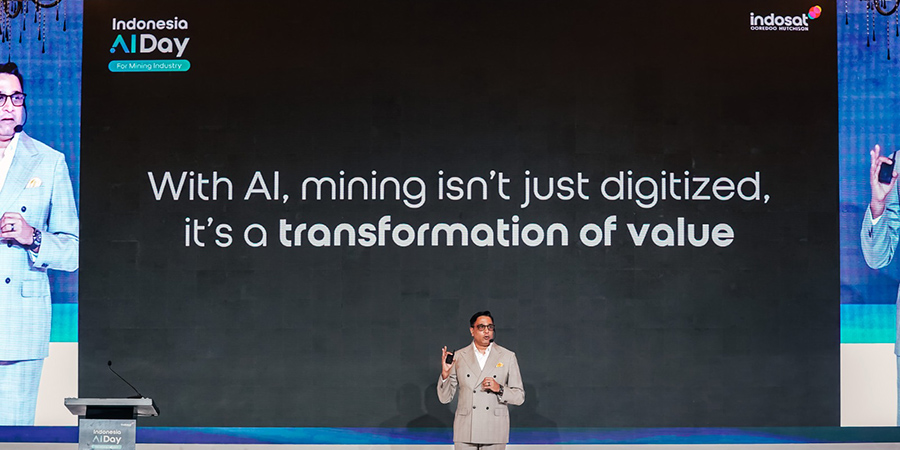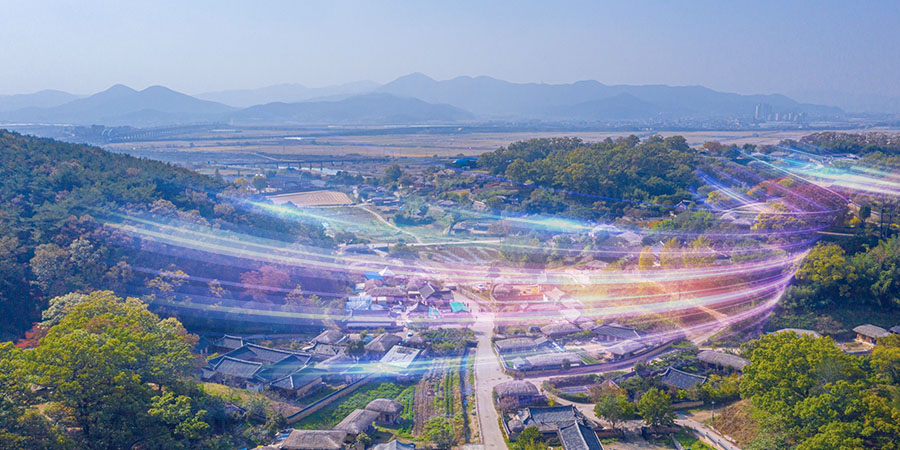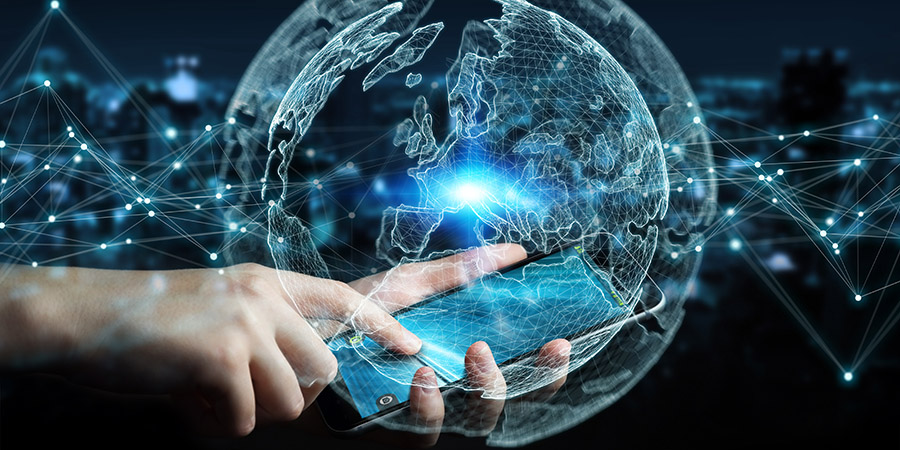Despite fierce competition in Indonesia’s dynamic telecommunications landscape, Indosat Ooredoo Hutchison (Indosat) has emerged from the first quarter (Q1) of 2025 with renewed strength and a sharp focus on digital empowerment and AI innovation.
The company’s financial and strategic performance in Q1 not only underscores its resilience but also reflects its long-term commitment to shaping a digitally inclusive and AI-ready Indonesia.
Financial Fortitude Amid Market Headwinds
Indosat reported stable total revenue of IDR 13.6 trillion, with an earnings before interest, taxes, depreciation, and amortization (EBITDA) of IDR 6.4 trillion, representing a slight yet significant 0.6% growth quarter-over-quarter (QoQ). Net profit attributable to owners of the parent rose by a remarkable 27% QoQ to IDR 1.31 trillion, continuing a streak in profitability that now spans 17 consecutive quarters.
Equally notable is the company’s sustained growth in average revenue per user (ARPU), which climbed 4.6% year-over-year (YoY) to IDR 39.2 thousand. This was supported by a net addition of 700,000 mobile users from the previous quarter, pushing Indosat’s total mobile customer base to 95.4 million.
“These results reflect not only strong financial performance, but also the unwavering dedication of our entire team to serve the people of Indonesia,” said Vikram Sinha, President Director and CEO of Indosat.
“In an increasingly competitive landscape, we have remained focused on our larger purpose: empowering Indonesia.”
This encapsulates values that now transcend traditional telco operations. While maintaining revenue growth and profitability is essential, Indosat’s forward-looking strategy is firmly rooted in enabling Indonesia’s digital future.
Read More: Indosat Surges Ahead with Rising ARPU and Bold AI Ambitions
Building a Digital and AI-Driven Nation
One of the cornerstones of Indosat’s Q1 strategy was its continued investment in digital infrastructure. Capital expenditure (CapEx) for the quarter reached IDR 2.6 trillion, with more than 90% channeled into its core cellular operations. This has led to a 10% YoY increase in the number of 4G base transceiver stations (BTS), now totaling over 202,179 across the nation.
More than just expanding coverage, these investments are laying the groundwork for AI-ready network architecture. “In building the foundation for a digital and AI-driven nation, Indosat is laying the groundwork for Indonesia’s digital future by expanding its mobile infrastructure nationwide,” Sinha emphasized.
“Through continued investments in 4G and preparations for 5G, Indosat is enabling broader, faster, and more reliable access to digital services, particularly in underserved areas. This infrastructure is not only vital for connectivity, but also essential for powering the technologies that will drive Indonesia’s next wave of transformation: AI (artificial intelligence), IoT (Internet of Things), cloud computing, and digital platforms,” he added.
This vision found a global stage at the Mobile World Congress 2025 in Barcelona, where Indosat announced a landmark partnership with Nokia and NVIDIA. Through this collaboration, Indosat became the first operator in Southeast Asia, and only the third globally, to deploy AI-RAN technology commercially. By integrating artificial intelligence into its 5G Cloud RAN, Indosat is now enhancing network efficiency, reducing energy consumption, and delivering better service quality.
This sets a precedent not just in Indonesia but across the wider region, signaling a shift from conventional telecommunications toward intelligent, software-driven network management.
Deep Dive: Driving Indonesia’s AI Transformation as a Digital Powerhouse
Strengthening Industry Ecosystems and Innovation
Beyond infrastructure, Indosat is taking bold steps to empower entire industries through digital transformation. One example is its AI Day for the Mining Industry, where the company brought together stakeholders to explore how AI, 5G, and IoT can redefine sustainability and efficiency in Indonesia’s resource sector. This approach to enabling sector-wide innovation is a vital element of Indosat’s broader transition into an AI-centric telco and techco.
These collaborations also reinforce Indosat’s position as a platform company, serving not only consumers but also businesses, industries, and the broader digital economy. With its infrastructure as a launchpad, Indosat is catalyzing innovation across multiple verticals, from manufacturing to natural resources.
At the consumer level, Indosat continues to enhance digital experiences through its expanding suite of digital lifestyle services. The launch of its Digital Hub in February 2025 marked a pivotal moment. The Digital Hub brings together curated offerings across entertainment, health, e-commerce, and lifestyle, further embedding Indosat into the daily routines of millions of Indonesians.
From a user engagement perspective, over 50 million monthly active users and 10 million daily users frequent Indosat’s flagship platforms, myIM3 and bima+.
However, the company’s ambitions go far beyond enhancing digital convenience. “As we continue to drive industry-wide collaborations, [we] stand at the forefront of Indonesia’s digital transformation, paving the way for an inclusive, sustainable, and prosperous future powered by technology. Our journey to become an AI-techco has just begun,” Sinha explained.
“From investing in networks and talent to driving collaboration across industries, our goal remains the same: to make technology a force for inclusion, innovation, and digital sovereignty.”
This commitment is reflected in programs like Generasi TerkonekSI (GenSi) and IDCamp, which are cultivating the next generation of digital leaders. These initiatives provide young Indonesians with globally recognized certifications in AI, automation, and software development, directly addressing Indonesia’s digital skills gap.
This talent pipeline is vital for a country with a rapidly growing digital economy. According to recent projections, Indonesia’s digital economy could be worth over USD 130 billion by 2025, driven by rapid growth in sectors such as e-commerce, digital financial services, app-based transportation, and AI-based technologies. However, this growth will only be sustainable if it is underpinned by a digitally literate and technologically proficient workforce.
The report, ‘The Impact of the Digital Economy on Employment and Workforce Structure in Indonesia’, published by the International Journal of Business Economics and Social Development, highlighted that, while 68% of respondents believe the digital economy is creating more job opportunities, challenges such as a lack of digital skills (50%), uncertain income (40%), and limited social security (35%) persist.
Moreover, the increasing demand for expertise in technology (45%), digital marketing (35%), and digital business management (30%) underscores the urgency of strengthening digital skills training through public-private partnerships and developing regulatory protections for digital workers. These efforts are essential to ensure an inclusive and resilient transition to a digital-first economy.
Exclusive: Indosat Ooredoo Hutchison’s Techco Transformation
A Telco Redefining Itself in the AI Age
Indosat’s Q1 2025 results indicate far more than just financial health; they signal a paradigm shift. The company is steadily transforming from a traditional mobile network operator (MNO) into a digital enabler, ecosystem builder, and AI-first organization. This transformation is critical as Indonesia positions itself to become a regional leader in AI, smart industry, and digital inclusion.
In an environment where many telcos are struggling to differentiate and diversify, Indosat’s integrated approach, merging infrastructure investment, customer-centric digital services, and AI-driven innovation, offers a blueprint for sustainable growth. The company’s readiness to embrace disruptive technologies while grounding them in social impact and inclusivity strengthens its reputation not only as a business leader but also as a nation-builder.
Past Results: Indosat Reports Strong Growth in 2024
Moreover, Indosat’s focus on collaborative partnerships, whether with global tech giants or local industries, illustrates a strategic flexibility that many telcos still lack.
Indosat is creating an open platform where innovation and impact can flourish.
As Indonesia’s connectivity needs grow and the economy digitalizes, Indosat’s commitment to scalable, AI-ready infrastructure, inclusive talent development, and multi-sector innovation will likely place it at the center of the nation’s digital awakening.
With Vikram Sinha at the helm and a clear-eyed vision for the future, Indosat is turning potential into performance, and performance into purpose.







